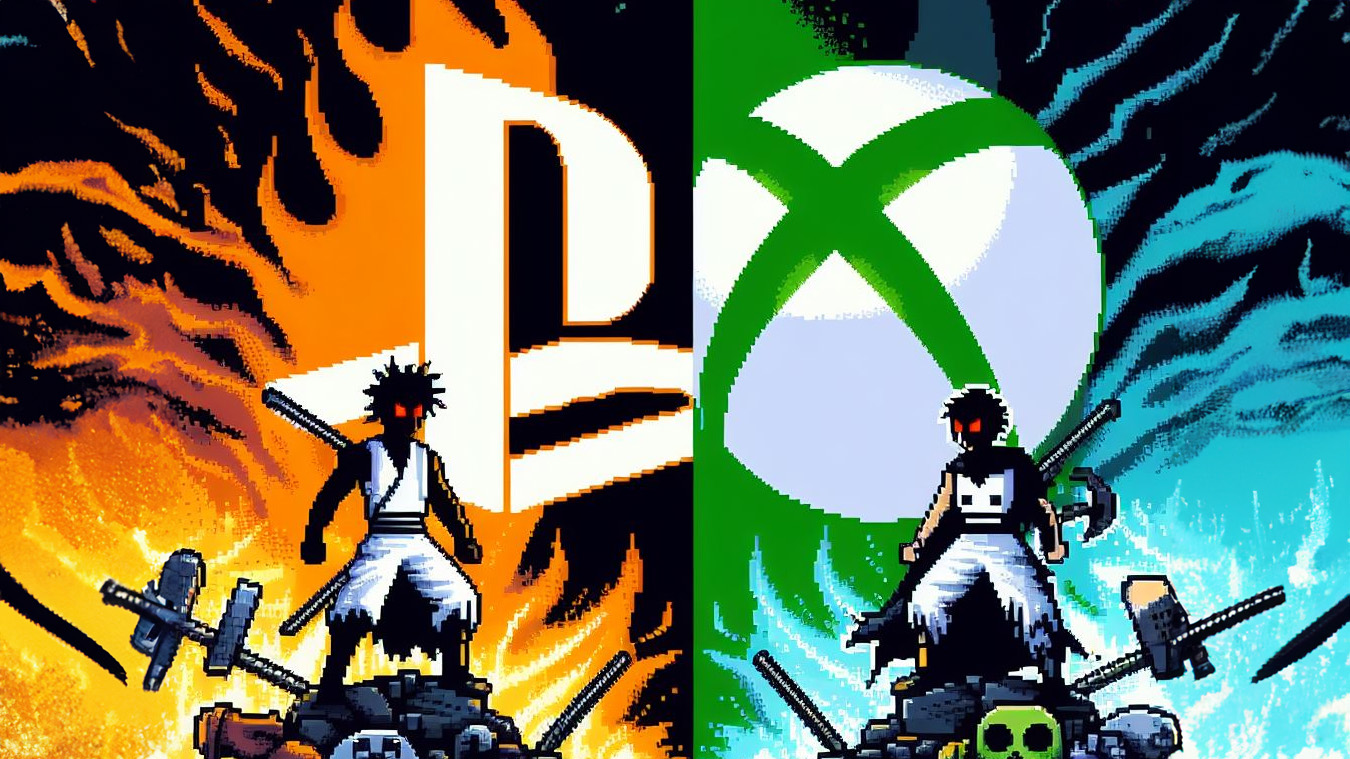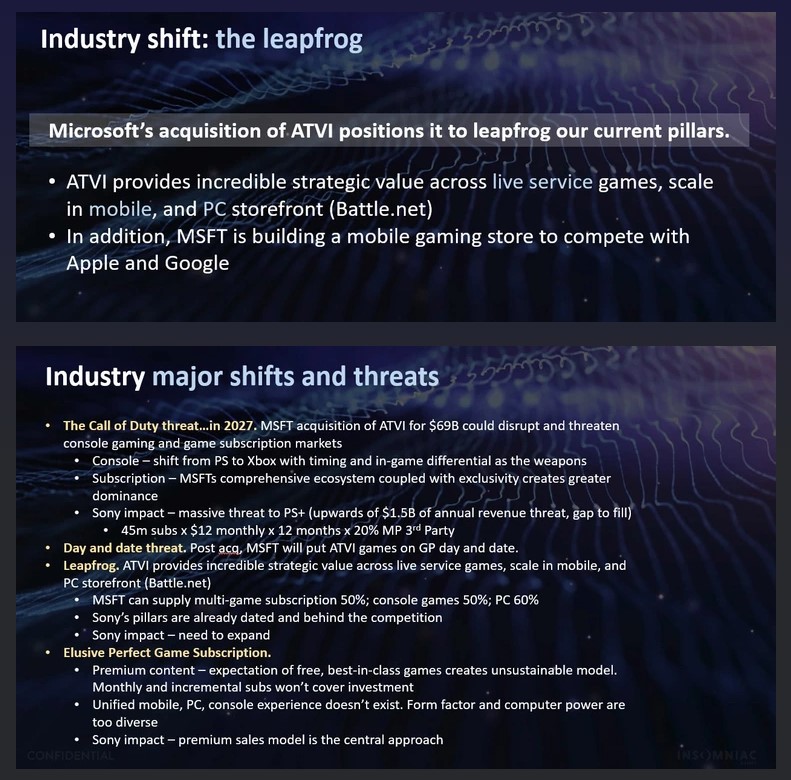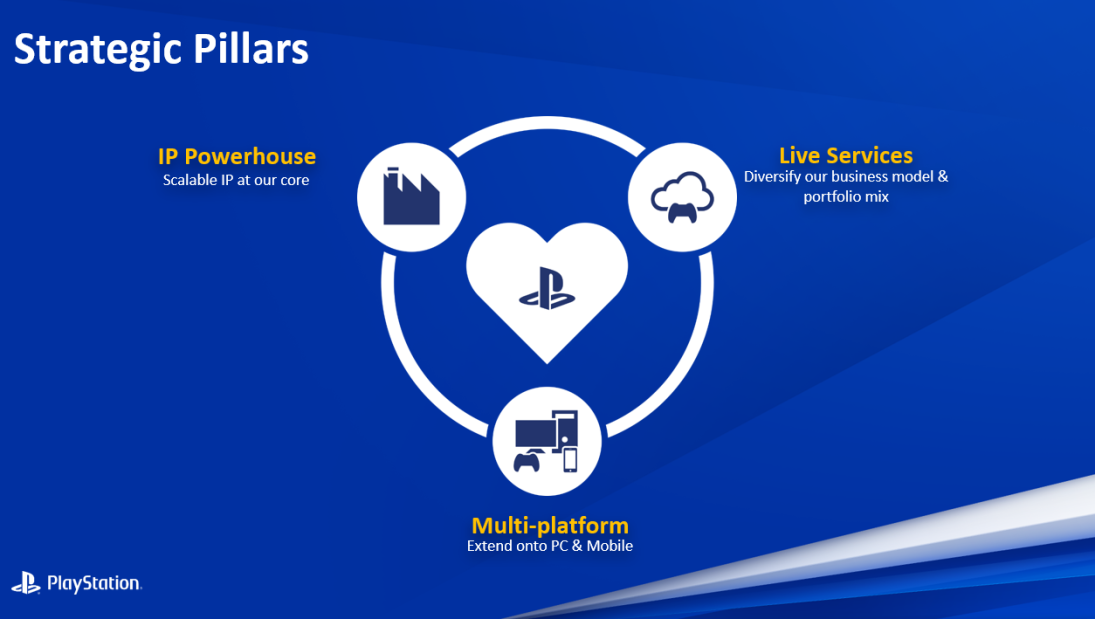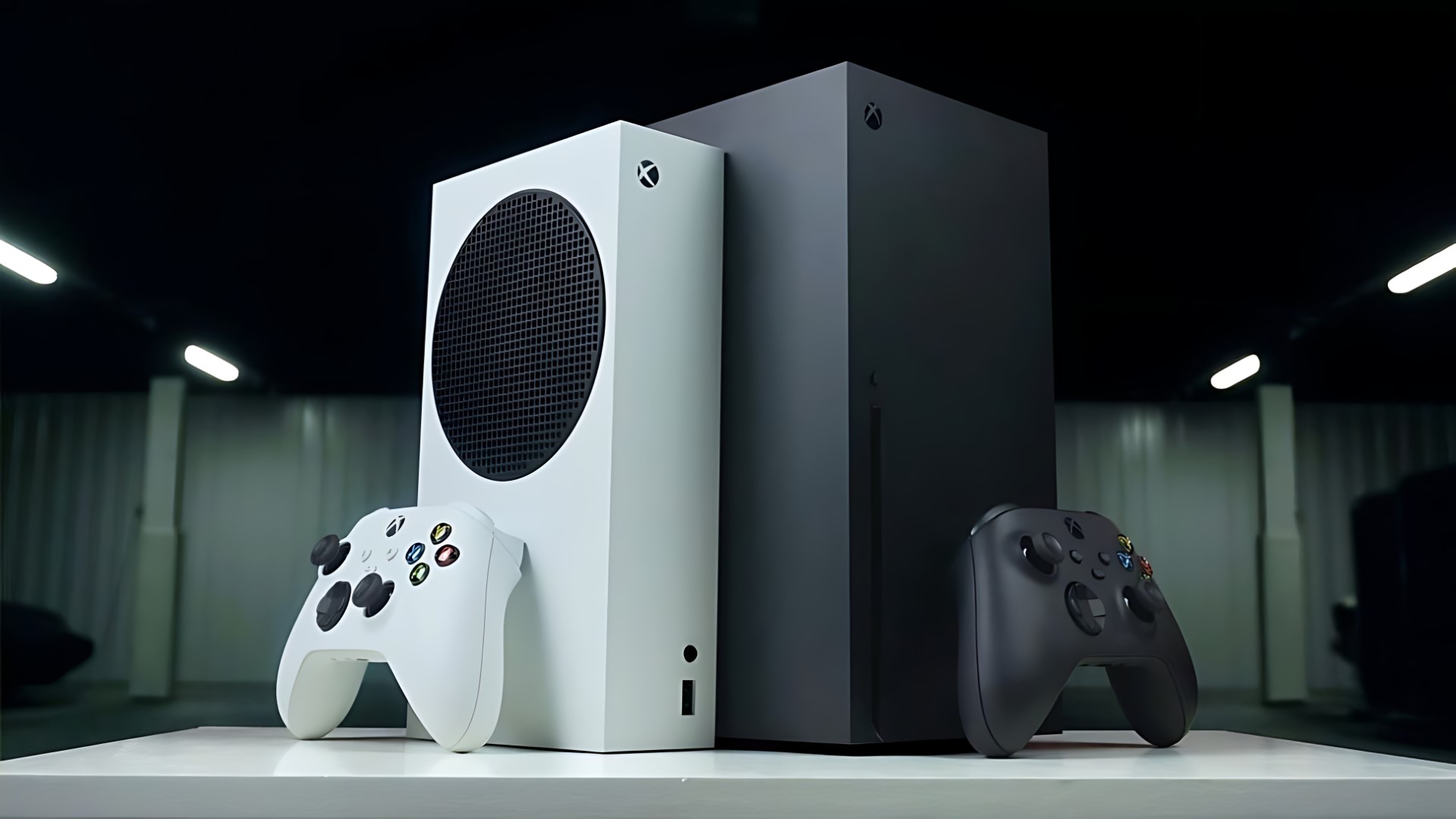
What you need to know
- A recent ransomware attack led to a tranche of documents leaking from PlayStation developer Insomniac, detailing upcoming projects.
- Included in the files, allegedly, were slides from an internal PlayStation presentation, revealing the firm's true thoughts about Xbox's acquisition of Activision-Blizzard.
- Although they date back to the early days of the acquisition, Sony fears that Microsoft could "leapfrog" the firm via careful positioning of Call of Duty and other Activision franchises.
- Update: It has been confirmed that the slides below are indeed genuine, taken from a PowerPoint presentation outlining Sony's strategic pillars.
Recently, PlayStation developer Insomniac was hit by a huge ransomware attack that has since seen various internal documents, videos, and other files leak onto the internet.
The leak is reminiscent of Microsoft's big court documents snafu from the summer, where Microsoft revealed embarrassing details about its internal thought processes, as well as a roadmap for a potential next Xbox. In this big document tranche from Insomniac, we've potentially gotten a glimpse into how PlayStation is feeling about Microsoft's big Activision acquisition.
In October 2023, Microsoft finalized its deal to acquire Activision Blizzard, giving it control over franchises like World of Warcraft and Call of Duty. Sony identifies the potential threats that it could face in a world where Microsoft owns Call of Duty, but it should be noted that some of these thoughts precede Microsoft's deal with PlayStation to maintain parity for Call of Duty for at least ten years.

Shared on platforms like Imgur, Sony allegedly goes into detail about how it views Microsoft's position moving forward. Described by Sony as "the leapfrog," the slide details how Microsoft is aiming to build a mobile gaming store to compete with Apple and Google, as per previous information. It also details how Microsoft could build a comprehensive ecosystem across mobile, PC, and console, referring to Xbox Game Pass as "GP" throughout. Sony details how its "pillars" are "dated," and behind Microsoft, referring to Microsoft's growing service game portfolio across titles like Sea of Thieves, Halo Infinite, and Minecraft. Sony also notes its need to "respond," although its service game efforts have hit snags recently, with Destiny's upcoming expansion delayed, and The Last of Us Online wholly cancelled.
Elsewhere in the documents, Sony details how difficult it's getting to actually get a return on investment for AAA games — an issue that is plaguing the entire industry right now. Sony expresses how a $500 million game might not break even in the first year, which is upending how publishers are thinking about platforms like PC and mobile as they seek profitability and less risky investments.
To that end, Sony's "strategic pillars" seem to detail an intent to eventually launch games more quickly, or even day one on Windows PCs, as part of its multi-platform pillar.

Even if these particular slides aren't real, the do detail the real-world reality PlayStation now finds itself in. (Update: The slides have been confirmed real, taken from a PowerPoint presentation detailing Sony's investment pillars for gaming.)
Sony is still the second biggest gaming company by revenue despite Microsoft's acquisition of Activision-Blizzard, owing to its near-total global dominance of the console hardware market. Xbox has notoriously struggled to attract the same kind of global attention for its Xbox Series X|S consoles, with many users happy to just stick with Xbox One, or switching instead to the PlayStation ecosystem.
In previous interviews, Xbox lead Phil Spencer lamented that the Xbox One generation caused Microsoft to "lose" the console war, as players became increasingly locked in by their digital libraries. The console landscape is partially what prompted Microsoft to acquire Activision-Blizzard, owing to the firm's strong position in mobile gaming across Diablo Immortal, Hearthstone, Call of Duty Mobile, and Candy Crush Saga. Microsoft also correctly predicted the end of mobile "walled garden" ecosystems, with Apple and Google gradually being forced by regulators to open up their storefronts to competitors. In that universe, Microsoft may decide to build its own mobile gaming store, offering more favourable terms to third-party developers on top of its own offerings.
Sony may have firmly identified that Microsoft is far better positioned to diversify in this evolving gaming landscape, even if its position in console gaming remains incredibly dominant. Sony's games command a level of quality and desirability that continues to elude Xbox, although Microsoft's slate of upcoming Xbox games looks incredibly strong for 2024 and beyond.
Microsoft's strong position isn't a silver bullet

Real slides or not, the industry is definitively shifting. While Microsoft has acquired a verifiable mountain of content and developers, they also face an incredible challenge to truly make use of all that creative capital. Call of Duty: Modern Warfare 3 reviewed incredibly poorly this year, potentially opening it up to modernized rivals like The Finals. Microsoft also stands to lose key veteran developers who may seek to retire following major share pay outs from Microsoft's various acquisitions. We've not seen a peep from games long in development like Everwild, State of Decay 3, or Contraband, and even Bethesda's much-hyped Starfield became the target of derision from certain corners of the press and the content creator sphere.
There's no guarantee that Microsoft's mobile game store will take off, either. Epic Games' store on Windows PC offers developers a very favorable rate, and yet, it hasn't made even the vaguest of dents in Steam. The same is true for PC Game Pass, which offers players hundreds of games for a low monthly fee. Will "Mobile Game Pass" fare any better against Apple's App Store or Google Play?
Either way, Microsoft Gaming is pulling more revenue than it ever has, and is expanding across every gaming pillar at an exponential rate. With Sony's strength in gaming IP, hardware prowess, and retail ubiquity — PlayStation is sure to remain a fierce competitor moving forward.







